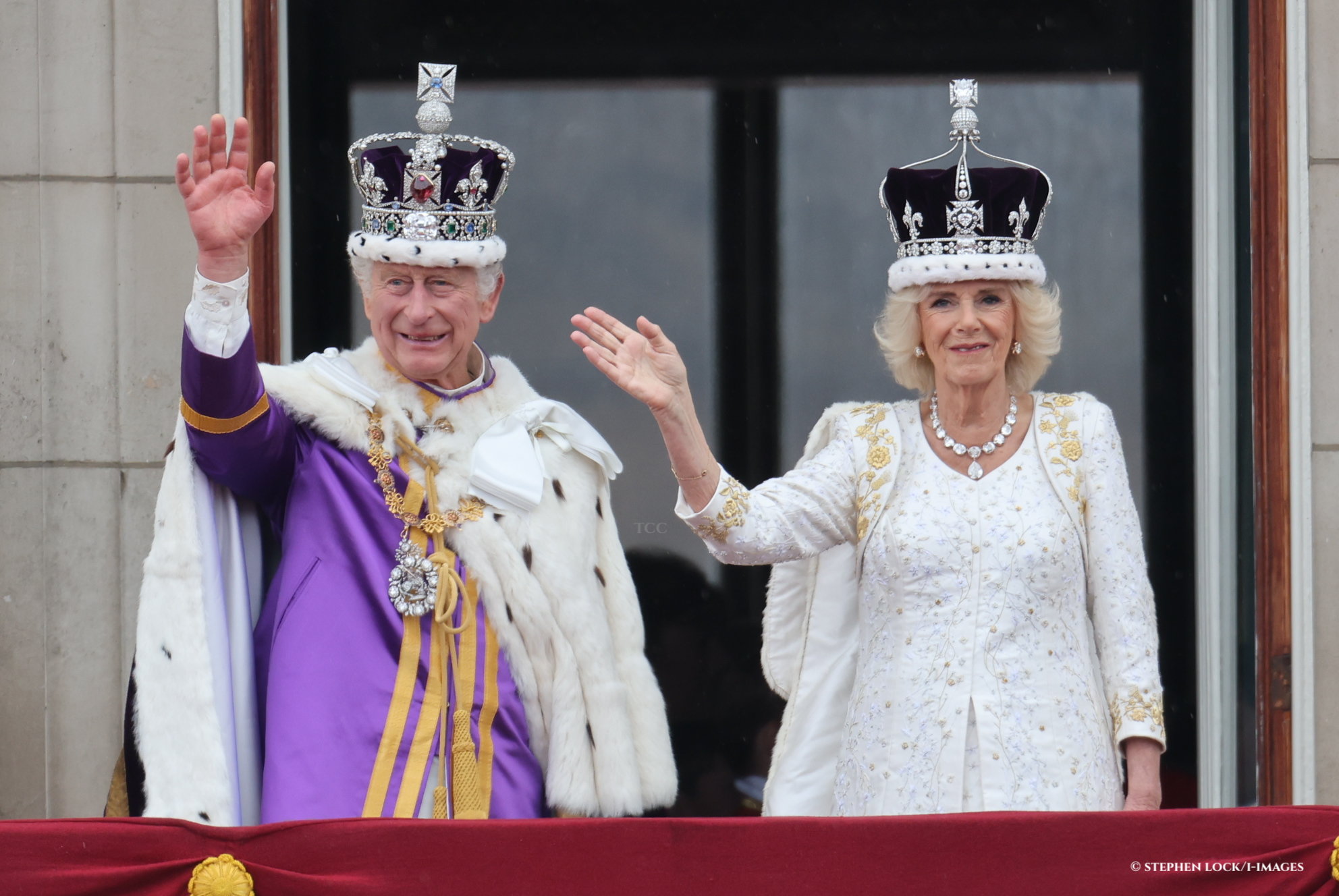The BBC aired the first of its new series last night documenting the so-called “secret agents” who worked to protect Elizabeth I, Europe’s most powerful Head of State, and undermine the Catholics plotting to assassinate her in England and wider Europe.
In this series they have shed some light on the murky, and little understood, world of England’s first spy network and the shady figures who organised it. This series asks historians to each study the period from a different key player’s point of view, dissecting the minds and motivations of the protagonists, to reveal a covert spy network – and present a picture of the Elizabethan Court as it really was.

William Cecil speaks to Queen Elizabeth I in the BBC’s ‘Elizabeth’s Secret Agents’ (72 Films/Richard Outram/BBC)
12 years after Elizabeth’s accession to the throne of England, Pope Pius V declared the Queen a heretic and traitor to God, which was an open invitation to English Catholics to attempt to assassinate her with the blessing of God and the Papal State. So to protect herself, Elizabeth hired her most trusted confidant, William Cecil, Baron Burghley, to protect her. It is Cecil who features heavily throughout this first episode.
Cecil, as spymaster, employed a number of Cambridge-educated mathematicians, former English diplomats, soldiers, and courtiers in an attempt to infiltrate the Catholic underworld across England, Spain and France. This episode focused on two people trying to murder the Queen, Thomas Howard, Duke of Norfolk, Elizabeth’s second cousin, and Mary Queen of Scots, who was Elizabeth’s first cousin, through her paternal aunt.
The BBC is airing a greater number of royal-focused series recently, which can only be a good thing for those interested in history, amateur historians and drama fans alike.
In the first half of the episode, Cecil and his trusted ally, Sir Francis Walsingham, learn about the Catholic Duke of Norfolk’s plot to have Elizabeth assassinated in order to put Mary on the throne. Cecil struggles to persuade Elizabeth to agree to the Duke’s execution, but, as is the case in many BBC royal series recently, he was eventually hung, drawn and quartered. I personally think that Elizabeth wanted to rid her realm of plotters, so Cecil and Walsingham were only enacting her wishes, even if the Queen did not openly say so.
In the second half of the episode, Mary Queen of Scots is Cecil’s target. Mary was exiled in a secluded Staffordshire castle (Fotherinhay) and forbidden from riding her horse in the castle grounds, which she was furious about. But she was able to communicate with the outside world using coded letters that she smuggled out in beer barrels.

William and Robert Cecil, who ran Elizabeth I’s spy network in succession (Bridgeman Images/BBC)
Little did she know, Cecil had hired expert mathematicians to decode these letters which she was sending to a group of Catholic rebel Lords working in Parliament. Honestly, I think Mary would have known that her communications were being intercepted, but did she know they were being read and understood…?
Cecil’s mathematicians discovered that Mary had ordered the assassination of the Queen; when Elizabeth was told, she was reluctant to agree to the execution of her cousin, with whom – until her exile in England – her relationship was arguably cordial. Elizabeth eventually signed the execution order, but it could not be enacted without the seal of state and her final approval.
Regardless, Cecil organised the execution of Mary (which the programme detailed in great detail), much to Elizabeth’s anger, which historians on this episode described as a ‘well-orchestrated melodramatic outburst to ensure that there was no blood on her hands’. It would have been difficult for the Queen to directly order the execution of her cousin, so I have to agree that she faked her anger to strengthen her own position. I believe that Elizabeth was almost certainly not upset that the greatest threat to her power had been diminished.

Rodrigo Lopez and the Earl of Essex – once the queen’s favourite – plotting in ‘Elizabeth I’s secret agents’ (72 Films/Richard Outram/BBC)
The episode ended with the sacking and exile of William Cecil from all government business, and the hiring of Robert Cecil, his son, as his replacement. Cecil the younger would go on to be James I’s Secretary of State, too, such was his ability.
I would rate this episode 9/10. It gave an interesting insight into an oft-forgotten part of English royal history, and the historians interviewed throughout added their own unique thoughts to this history.
This episode is available on BBC iPlayer, and the next episode is on at 9pm next Monday, so stay tuned…





